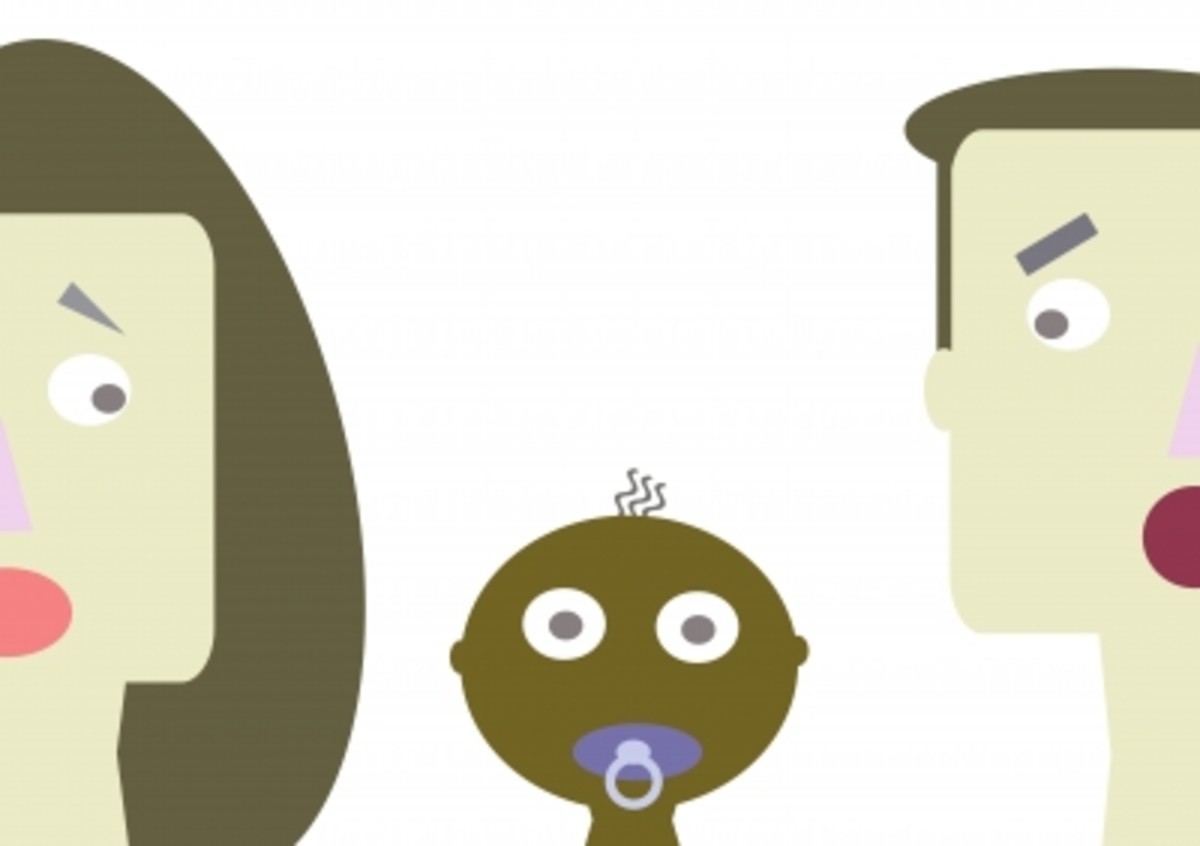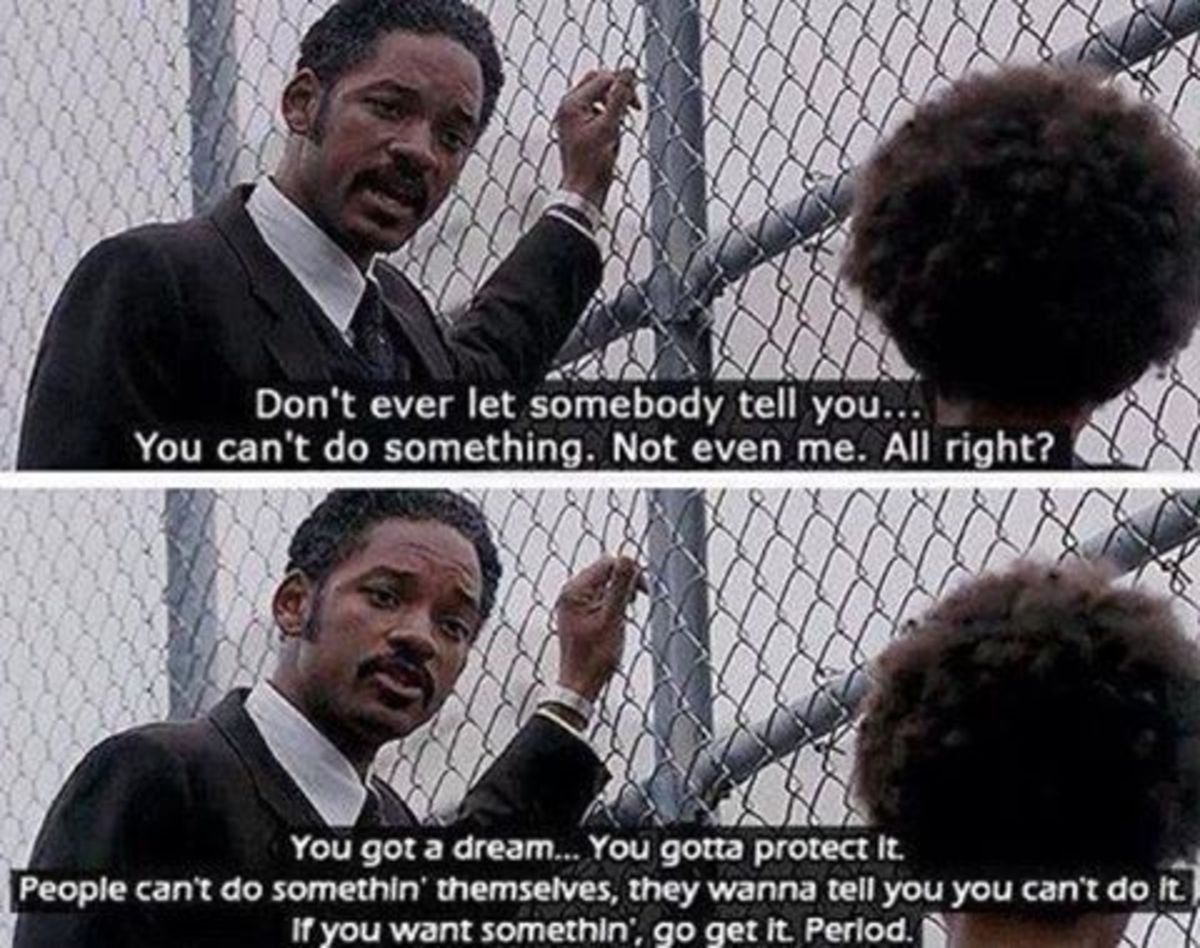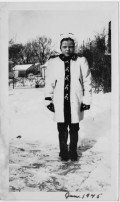How a Family Can Get Through an Argument-Free Funeral

You're never ready:
You may think you are ready. But you never are.
Or the death might be completely unexpected and decisions have to be made that no one is prepared to make.
The death of a loved one is never easy, but too often it brings out the worst in a family. It doesn't have to be that way. Here are some ways to make the experience as "less-painful" as possible.
When the call comes with the dreaded news that you or your family has suffered a loss, it is up to each member not to judge one another for the limitations their lives place on them. Those who can drop everything and go where they are needed, should be appreciated for doing so. But those who can't - can't. No blame should be assigned to any decision. Give each other permission to do no more than you can do as individual members of the family. This is not a time to keep score. It's a time to support each other.

Our speech filter is often the first to go:
This is also not the time to settle old scores. It is the time to set aside differences and remember those things that bring your family together, not those things that in the past have torn you apart. My mother and sister-in-law had not spoken in years. But when mother passed away, it was that sister-in-law who remembered some significant details that made mother's service special for us.
We all say things when we are under stress, and grief is basically stress on steroids. We can't do anything about how others react to what we say. But we can do something about the words that come out of our own mouths. Try. Try to make your default position one of saying as little as possible until you've given yourself the time to think about what you really want to say. This is one of the few circumstances in life when most folks will give you a pass on conversation. You've lost a loved one. You don't owe anyone a comment, an explanation, or a play-by-play description of what you are feeling at any given moment.
When it comes to what others say, now is the time to be generous with the benefit of the doubt. Yes, the loud-mouth brother-in-law will probably be true to form and say something inappropriate at just the wrong time. But, he could surprise you, especially if he's already lost a parent or someone close to him. Grief sometimes softens the sharp edges.
But if it doesn't, tune him out. If that is easier said than done, ask someone he usually gets along with to do what they can to marginalize him. Give him a job to do. Send him on an errand. You are not required to deal with folks who upset you right now. Yes, you will be required to again in the near future, but not right now. Give yourself a break.

Give yourself a break:
Take the time you need to make the arrangements for the visitation and services. If it's going to take cousin Jane four days to drive in from California, and you really want her to be there for you, then wait the four days. If your minister is out of town over the weekend, then plan the funeral for after he gets back. This is your family's crisis. Minimize the stress of the situation for your immediate family as much as is within your abilities.
Rank has its privileges. Those closest to the departed get priority over those in the extended family. Let the second tier friends and relatives make the runs to the airport, house out of town guests, or bear the expenses of travel, hotel and meals. Just remember later who was helpful and demonstrate your appreciation - later.
If someone asks if there is anything they can do to help - give them something to do. Let someone else do one of the things you don't really have to do yourself. It is amazing how things pile up, and any help at all ends up being a true blessing. See that you make the opportunity to return the favor someday when it is their turn to grieve.
Let the spouse, the siblings, and the children of the lost loved one contribute to the memorial. Ask those closest to the deceased what song, scripture, poem, flower, or tribute would make the services meaningful for them. You might be comforted to know who remembers what about the person you've lost. When we were making the arrangements for my mother's funeral, I couldn't remember her favorite Bible verse, but my sister knew exactly which one it was. One of the granddaughters remembered which two verses of an old hymn were mother's favorites. My brother had a poem he wanted to read at the funeral. I doubt Mom had ever heard of it, but it added so much simply because he wanted to include it. My sister's children had a song they wanted to sing at the graveside. All these things made that very hard day so much easier because the responsibilities didn't fall on just one or two of us. We shared it. And it was comforting to know we would all do our part.

How has grief impacted your family?
Has the loss of a parent brought you and your siblings closer together?
Settling things:
When it comes to settling the estate, things might be all planned out or things might be left in a state of chaos. Those circumstances are beyond the control of those who are left behind. Some of these argument-avoidance measures need to be done ahead of time by the one who passed away. With that fact in mind, here is an idea my family cringed at when it was first mentioned.
Years ago my parents started "the list." They wrote down everything they felt was worth passing on to someone in the immediate family. Then they sent the list to their oldest child, encouraging her to sign up for something she wanted to have someday. She sent the list to the next sibling and so on and so on until it came back to the oldest again. This process continued until there was a name next to each item. Eventually the siblings picked out things for their children as well.
We all hated this idea. It was creepy and we didn't want to think about losing our parents one day. But when that day eventually came, it was so much easier to know who was getting what without anyone getting their feelings hurt. As it turned out, when reality hit, some of us had changed our minds or our situations made it impossible to stick to "the list." We traded one thing for another through negotiations and compromise that probably wouldn't have been possible if it was simply a free-for-all with all of us fighting over things. Each of us was comforted having something of Mom or Dad's to remember them by. The things we didn't want to choose ended up connecting us to them after they were gone. We were grateful they thought up "the list" so there was nothing to fight over or resent.
There is nothing easy about losing a loved one. But often we make it even harder than it has to be because we let our feelings run away with our better judgment. The family we are left with after a loss can be better than it was or worse. Often it is our choice.
Warning:
This video is highly inappropriate, and I apologize in advance to those who are offended. I've included it to show some funerals are worse than others. And sometimes you just need to laugh.








